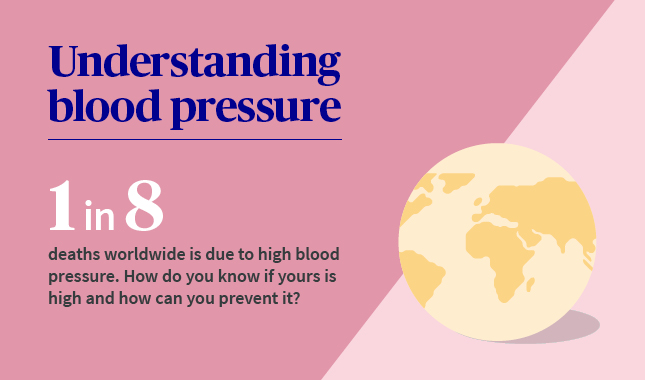
High blood pressure – or hypertension as doctors often refer to it – is a very common medical condition which can often go undiagnosed. Globally, it’s the leading known cause of premature death through stroke, heart disease and chronic kidney disease. We’ve seen the number of people living with high blood pressure worldwide double over the past 40 years to 1.1 billion, yet it is possible that only around 50% of those have it under control.
High blood pressure is a global problem shifting from wealthy western countries to the developing world. In many countries, men are found to have higher blood pressure than women, putting them at greater risk of cardiovascular disease.
Blood pressure around the world
A recent study from Blood Pressure UK showed that the largest rises in high blood pressure from 1975 to 2015 were in South Asia, including in Bangladesh and Nepal, and Sub-Saharan Africa, including in Ethiopia and Malawi.
They also found that the lowest rates of high blood pressure were seen in Canada, the UK, Australia, the USA, Peru, South Korea, and Singapore. High blood pressure remains a serious problem in Central and Eastern Europe, including Slovenia, Lithuania and Croatia.





